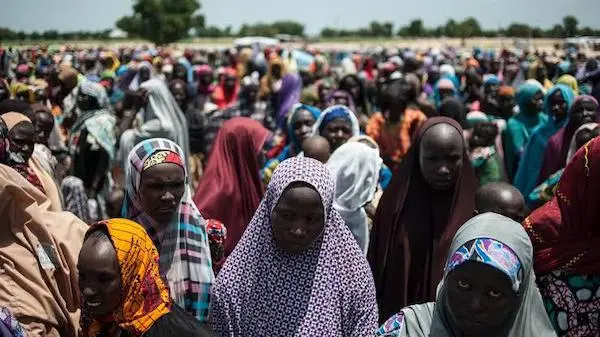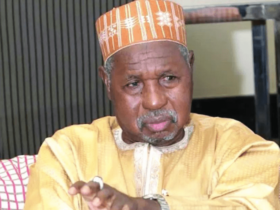
As more former Boko Haram insurgents claim to lay down their weapons and seek to reintegrate into society, a concerning trend has emerged. Female ex-insurgents, having claimed to renounce violence, are finding it increasingly challenging to find husbands.
Reports reveal that despite efforts to settle these individuals back into their communities, the women among them face difficulties in finding male suitors. Community leaders express worry that this situation could potentially lead the women to reconsider their commitment to peace and return to insurgency.
Modu Grema Wakil, a ward head in Old Maiduguri, shared, “These ladies desperately want to marry or remarry, but men seem scared of them, as no suitors approach them with such a proposal.”
The fear is not unfounded. Many still doubt the sincerity of these women’s repentance, fearing they may resort to violence once again. This scepticism contributes to the reluctance of men to consider them as potential partners.
Wakil stressed the urgency of the situation, saying, “Our fear is that if these women and girls do not get the men to marry, they may be tempted to renege on their repentance vow from terror activities and return to the bush.”
When asked about the possibility of societal stigma playing a role, Wakil dismissed it, emphasizing that the real concern lies in the lack of belief in the women’s genuine transformation.
In response to these challenges, efforts are being made to address the issue. Zuwaira Gambo, the Borno State Commissioner for Women Affairs and Social Development, stated, “It is a welcome development that they are expressing their desire to marry or remarry because it will help to stabilize them in the law-abiding society.”
READ ALSO: Again, Obi Shares Ideas With Tinubu to Tackle Nigeria’s Power Woes
The state government, in collaboration with organizations like the Maiduguri-based NGO Allamin Foundation, aims to create a database of repentant female insurgents to facilitate matchmaking and support their reintegration.
Despite these efforts, many of the women remain hesitant to speak out due to fear of further stigmatization. However, their concerns are being relayed to community leaders through intermediaries.









Leave a Reply